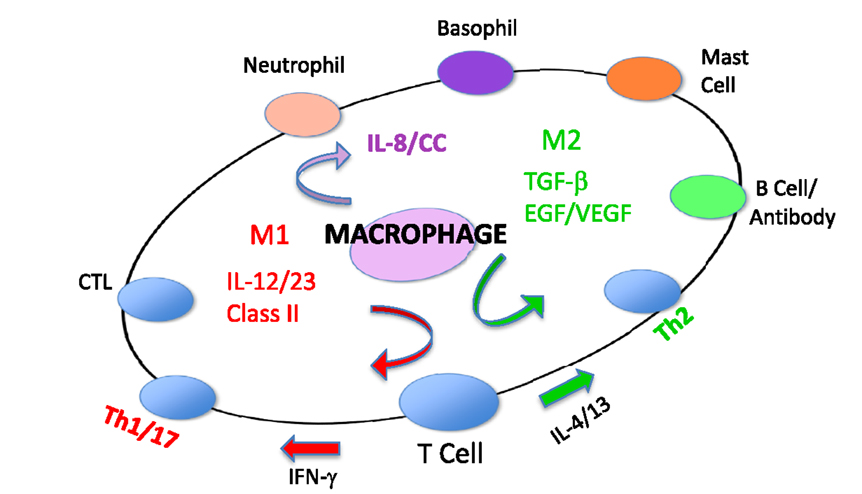
•Interleukin-33 (IL-33) promotes the expansion of stem-like CD8 T cells (CD8+SL)
•IL-33 signals augment chromatin accessibility of CD8+SL in chronic viral infection
•IL-33 prevents the loss of Tcf-1 expression by balancing type I interferon effects
•IL-33 signaling to CD8+SL preserves these cells’ stemness and re-expansion capacity
When it comes to chronic infections and cancer, a particular type of immune cell plays a central role in our defenses. Researchers at the University of Basel have uncovered the key to the tenacity of these immune cells in coping with the marathon that is fighting a chronic infection. Their results lay the foundations for more effective therapies and vaccination strategies.
Infected and abnormal cells have to go...
Read More








Recent Comments